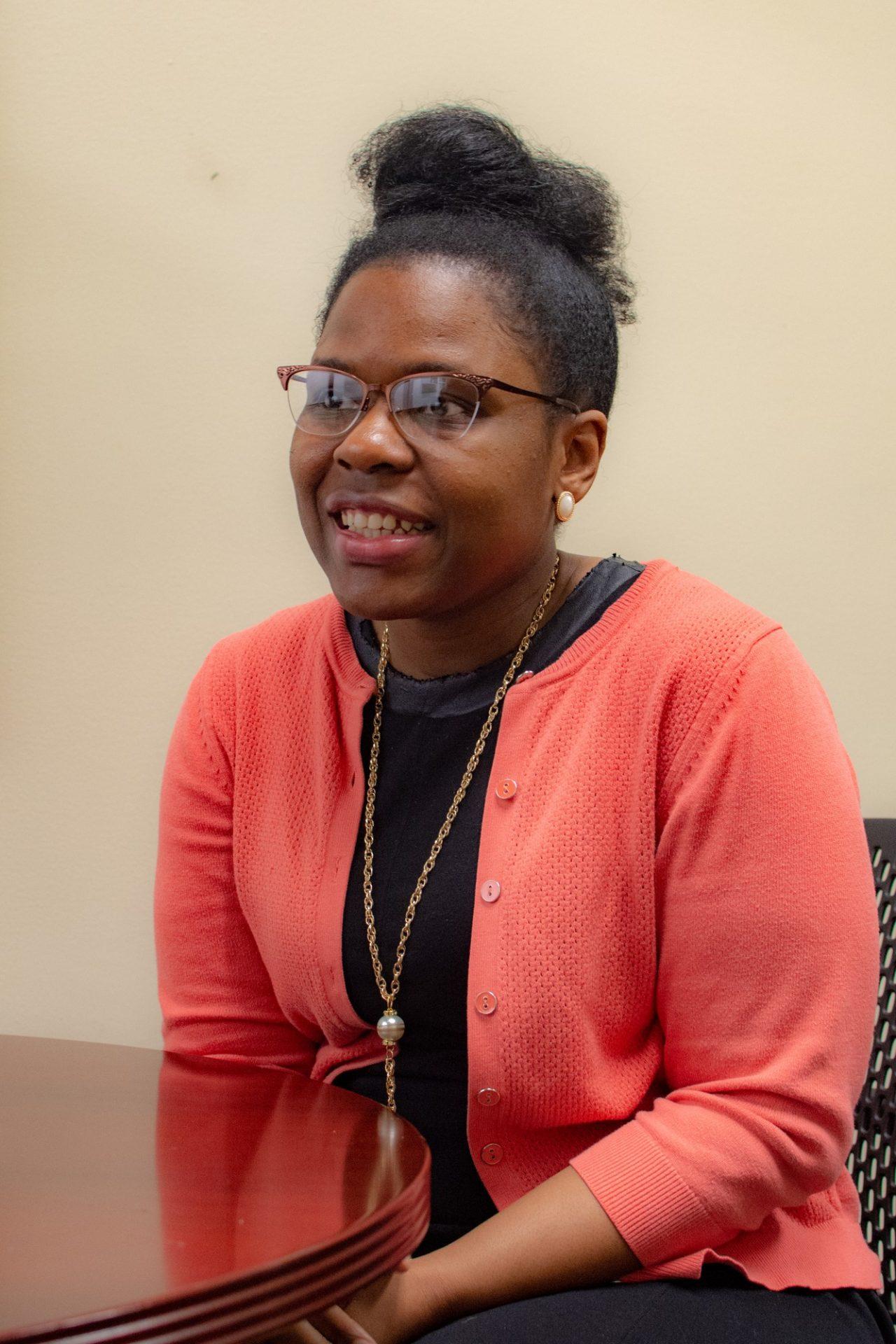Photo by Genevieve Humphreys
According to a National Health Review report, around seven percent of young adults in America live with a chronic condition, such as fibromyalgia, diabetes or Crohn’s disease, that affects daily activities. Starting this spring, Student Accessibility Services (SAS) will hold a support group for students with chronic health conditions.
Myeshia Smith, director of SAS, was inspired to facilitate this support group after meeting with a Trinity student who has a chronic health condition. (This student could not be reached for comment in time for publication.)
“The student spoke about how in [their] high school there was a support group that was beneficial and really helpful,” Smith said. “I was very excited about that and was thinking, ‘I have a background in counseling and I’ve run groups before. This is something we can provide for students at Trinity.’ This student was equally excited, and we shared ideas, and that’s how it came to be.”
Smith hopes that the group will be a space for students to bond.
“The purpose of the group is to provide a safe, warming and welcoming space for students to communicate with other students who have shared experiences,” Smith said.
Smith gave an overview of topics students might discuss during group meetings.
“We will talk about coping strategies, how to transition from K–12 through high school, to college as a student with a chronic health condition, how [having a chronic health condition] may impact their experience [at Trinity] and resources that are available to students,” Smith said. “We’ll be working through some of the emotional challenges that students may face as well. Most importantly, [the group] will be an embedded source of support for students.”
Ruth Banks, an alumna who attended Trinity from 2013 to 2016, has multiple chronic health conditions including Ehler-Danlos syndrome — a type of connective tissue disorder that can affect the joints and circulatory system — Postural Orthopedic Tachycardia Syndrome and a spinal disorder called Chiari malformation.
Although Banks originally planned to graduate in spring 2017, she ended up leaving Trinity during her senior year, due to complications from her illness as well as feelings of isolation and campus inaccessibility.
“I got to a point where I was too sick to make it to class, and while [SAS] was helpful to an extent, there wasn’t much they could do to change the situation or make [professors provide accommodations],” Banks said. “There wasn’t really a network of students that I knew at Trinity who shared my experiences, so I felt isolated because of my illness.”
Banks said that a support group for students with similar conditions and experiences would have been beneficial during her time as a student.
“This is something Trinity has needed for a while, and I hope it will be good not only for students, but as a way for SAS to get feedback about what students [with chronic health conditions] want and need,” Banks said. “A lot of people’s concepts of college involve things like partying and staying up all night, which are standards that are hard to meet when you have a chronic health condition. … I hope that this will give students a network, not just for support, but for friendship and community.”
In addition to flyers advertising the new group, Counseling Services and Wellness Services can both refer students to the support group if needed.
“Counseling Services and Wellness Services host similar support groups aimed at increasing community among students … Whether it be through [students coming to] Counseling or Wellness, we will make referrals to the support group at SAS if needed,” said Katherine Hewitt, wellness coordinator.
Meetings will be held on the first and third Thursdays of every month, from 3:30 to 4:20 p.m. in Tiger Learning Commons (TLC) 308. The first meeting took place on Thursday, Mar. 21.
Students with questions about the group can email Myeshia Smith at [email protected].







